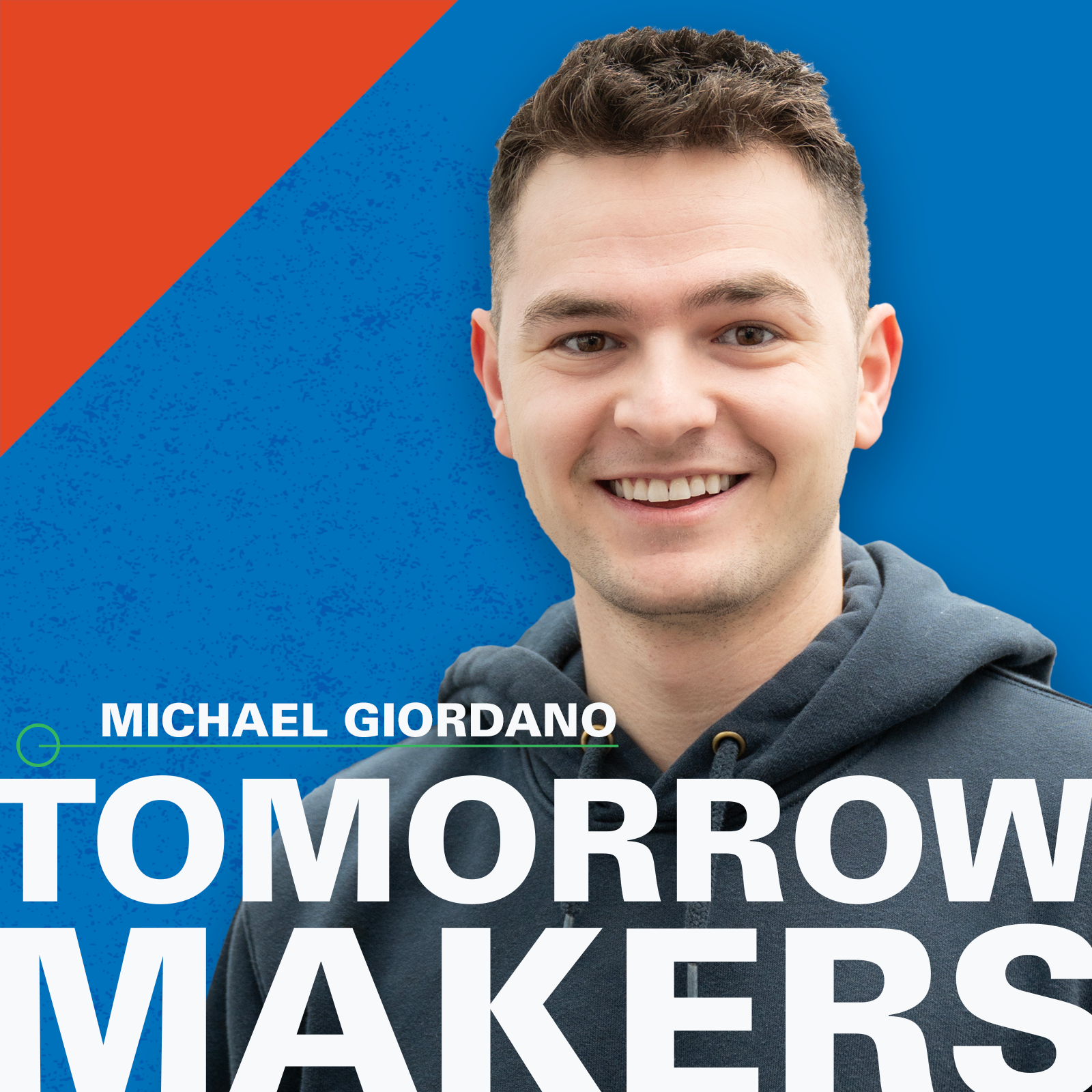
Michael Giordano: Army ROTC
In this episode, we sit down with Michael Giordano, former ROTC Bald Eagle Battalion Commander and construction management student, to explore the intersection of leadership, discipline, and hands-on learning. Michael talks through his decision to pursue ROTC, the challenges and rewards of balancing military training with academics, and how his experiences in both fields are shaping him into a future leader. He also highlights the unique perks of being in ROTC at Penn College including generous scholarships and life-long military benefits like reduced lift tickets at his favorite ski resorts. Tune in to hear Michael’s story and discover what it takes to lead with purpose—both in the field and in the classroom!
